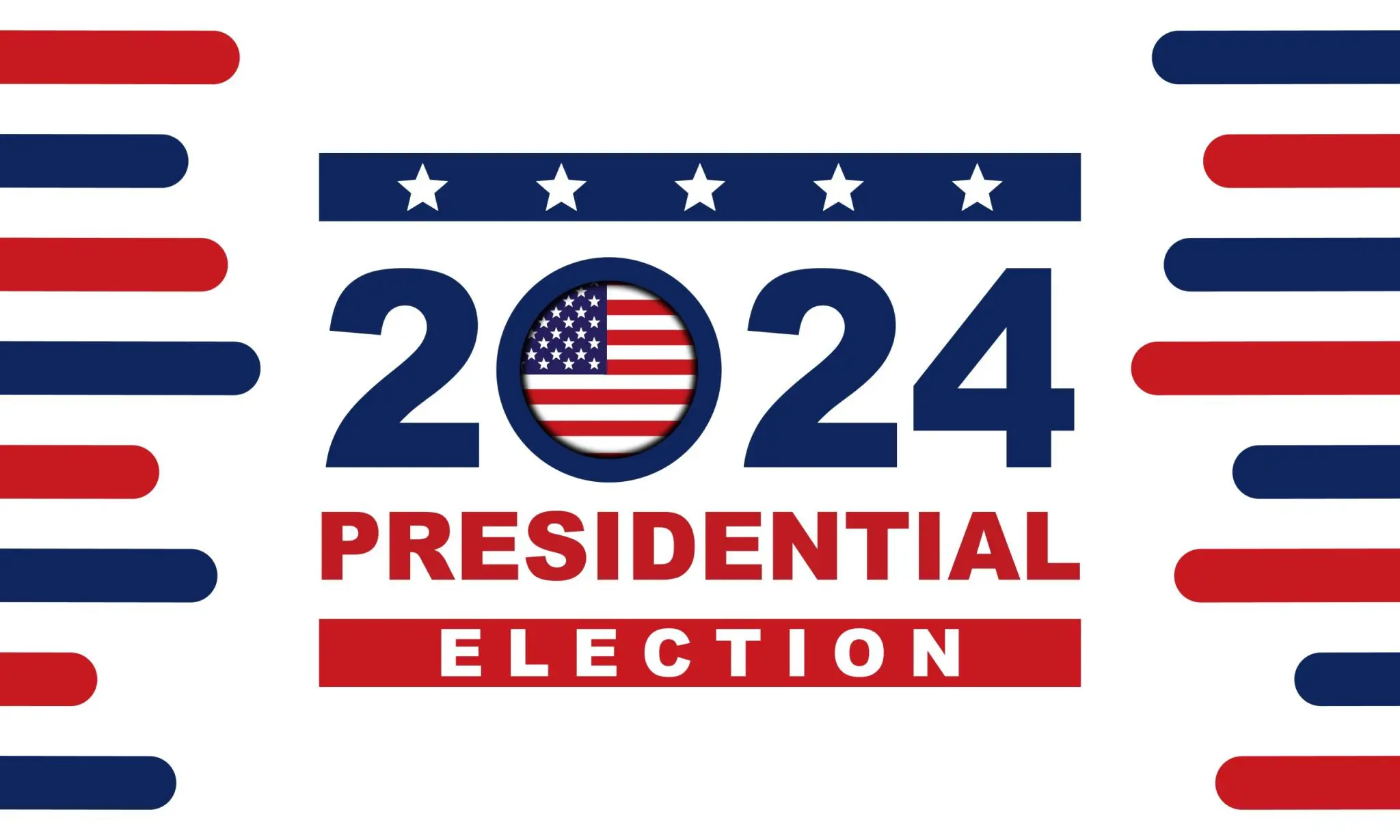Introduction 2024 Presidential Election: Candidates, Polls, and Predictions
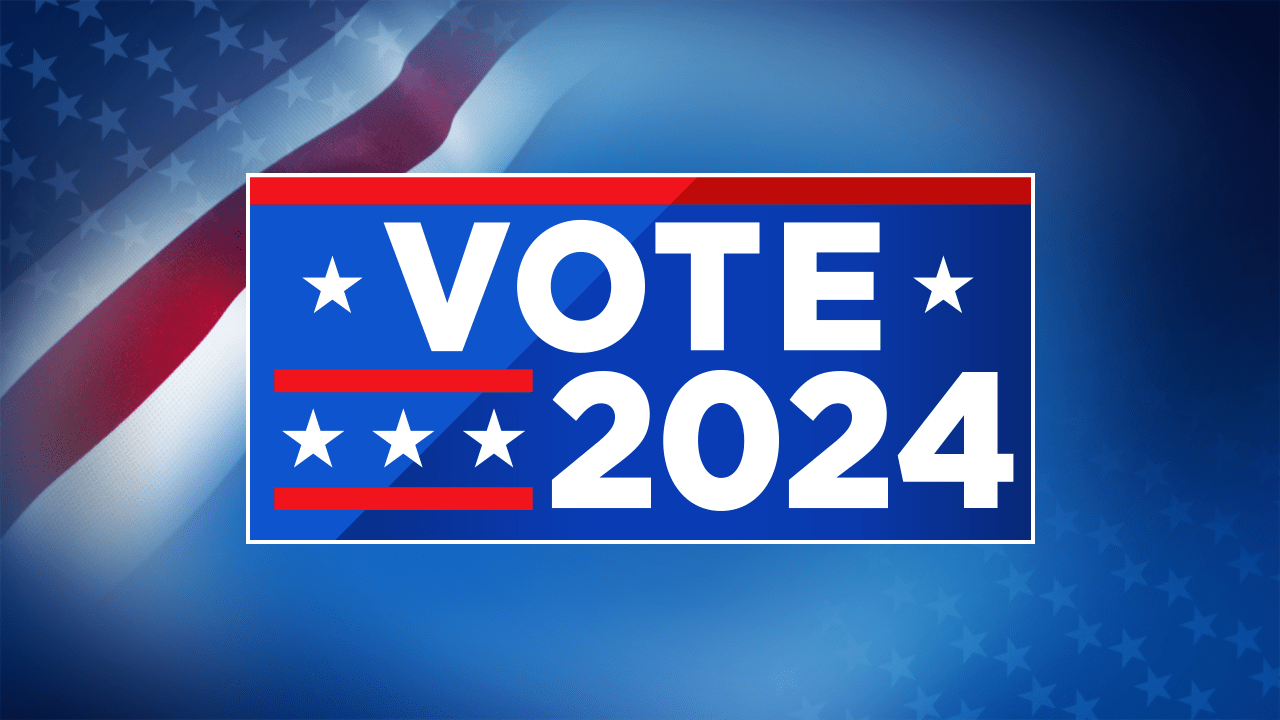
The 2024 Presidential Election stands as a pivotal second in American history, wearing profound significance for the country’s future. This article delves into the critical elements of this election, examining the applicants, polls, and predictions shaping the political landscape.
Significance of the 2024 Presidential Election: Candidates, Polls, and Predictions
The 2024 Presidential Election is a pivotal event a good way to determine the trajectory of america for years to come. It comes at a time of tremendous demanding situations, from financial recuperation to social brotherly love, making the choice of leadership crucial for addressing these urgent troubles.
Importance for the Nation
This election holds vast significance for the state’s direction on numerous fronts, consisting of economic rules, social reforms, weather alternate movement, and foreign relations. The chosen chief will influence the course of legislation, judicial appointments, and universal governance, impacting every American citizen.
Overview of the Article
In this article, we can offer an in-depth analysis of the 2024 Presidential Election. Beginning with a ancient context, we can recap previous elections and spotlight their effect at the current political weather. Subsequently, we will introduce the political events and candidates concerned, along side an exploration of the latest polls and predictions.
Historical Context
Understanding the present requires a glance at the past. Previous presidential elections have shaped the political landscape, influencing ideologies and policies that resonate today.
Recap of Previous Elections
Briefly revisiting massive presidential elections, which includes those of 2016 and 2020, we will figure how the effects have reverberated thru time. From shifts in celebration systems to adjustments in voter demographics, these elections serve as ancient markers for the kingdom’s political evolution.
Impact on Current Political Climate
The aftermath of past elections maintains to impact the contemporary political climate. Partisan divides, cultural movements, and coverage priorities can regularly be traced returned to pivotal election moments. Understanding this context presents valuable insights into the challenges and possibilities faced in 2024.
Introduction to Political Parties
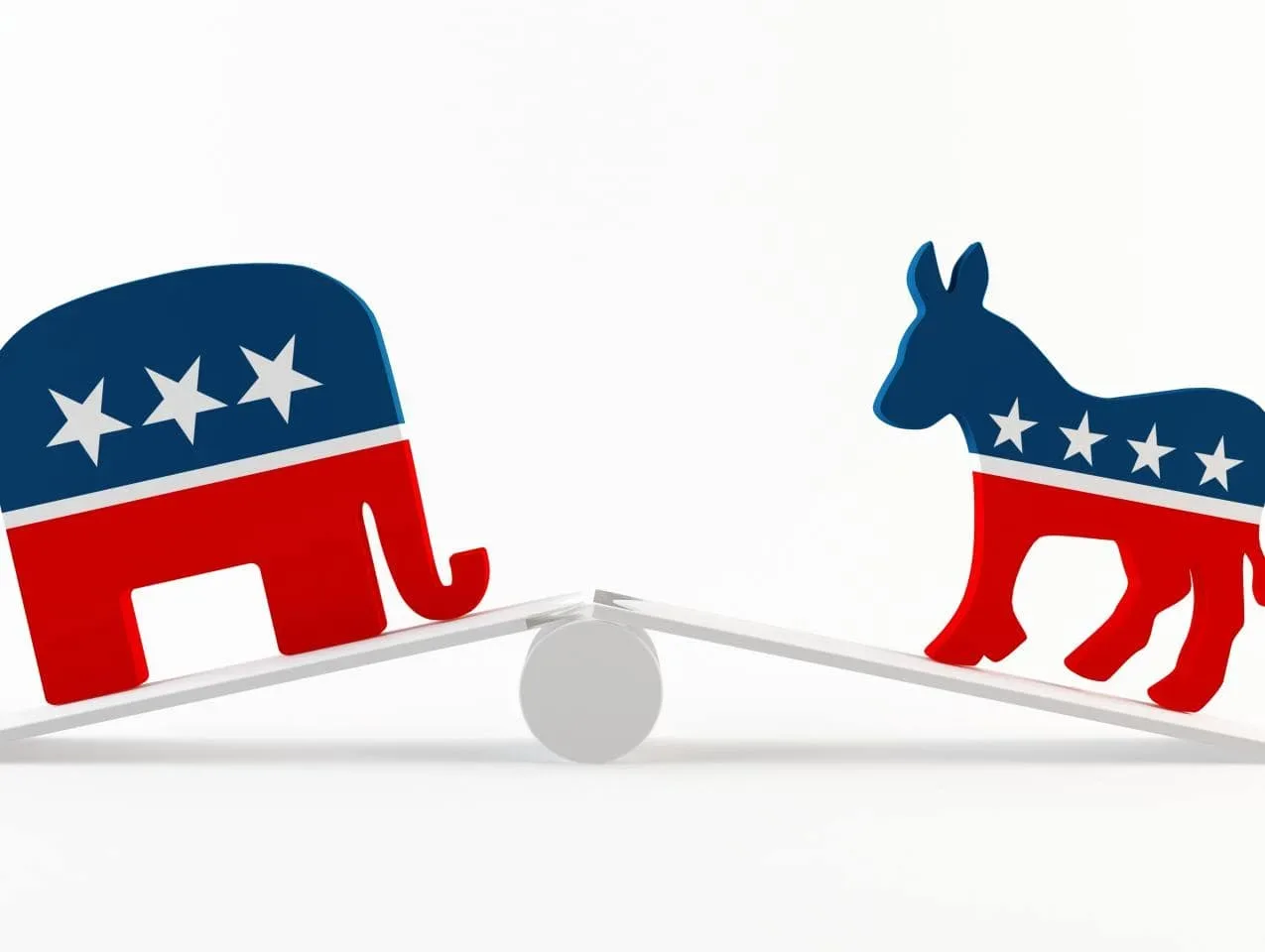
In the 2024 Presidential Election, numerous political parties will vie for the White House. From the lengthy-installed Democrats and Republicans to rising 1/3 parties, every brings a completely unique platform and imaginative and prescient for the future.
Democrats: Known for a number of progressive regulations, the Democratic Party emphasizes social justice, healthcare reform, and environmental protection. With a diverse discipline of candidates, they intention to cope with issues of inequality and climate trade.
Republicans: Traditionally associated with conservative values, the Republican Party champions monetary responsibility, country wide safety, and constrained authorities intervention. Their applicants awareness on economic boom, border safety, and conventional circle of relatives values.
Third Parties: In addition to the foremost events, various third parties contribute to the election discourse. From the Libertarian Party to the Green Party, those entities provide alternative views on governance and regulations.
Leading Political Parties
Democratic Party
Current Frontrunners
The Democratic Party affords a various array of applicants vying for the nomination. As of the today’s polls, some frontrunners consist of:
Senator Elizabeth Warren: Known for her innovative rules, Warren advocates for wealth taxes, normal healthcare, and pupil debt comfort.
Senator Cory Booker: Booker emphasizes crook justice reform, low-cost housing, and monetary equality as imperative pillars of his campaign.
Governor Gavin Newsom: Newsom’s platform focuses on climate change action, healthcare expansion, and strengthening gun control legal guidelines.
Key Policies and Platforms
The Democratic Party’s platform for the 2024 election reflects a commitment to:
Healthcare: Building at the Affordable Care Act, many applicants advocate for a form of regularly occurring healthcare, whether thru a public choice or Medicare for All.
Climate Change: Strong emphasis is placed on addressing weather exchange via investments in renewable strength, environmental protections, and rejoining worldwide agreements like the Paris Climate Accord.
Economic Equality: Policies to deal with earnings inequality, together with raising the minimum salary, expanding workers’ rights, and increasing taxes on the rich, are prominent within the Democratic platform.
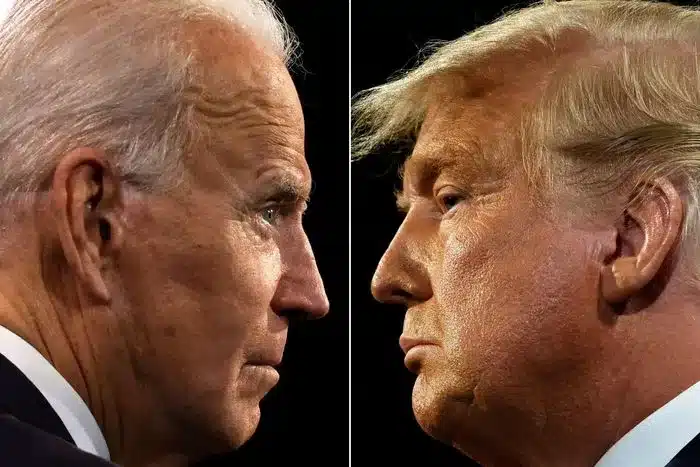
Public Perception and Challenges
While the Democratic Party garners support for its progressive agenda, it also faces challenges:
Unity: The party must navigate a balance between progressive and moderate factions, ensuring a united front against Republican opponents.
Electability: Some voters express concerns about the electability of more progressive candidates in a general election, particularly in swing states.
Republican Party
Notable Candidates
The Republican Party also presents a range of candidates, with notable figures including:
Former Vice President Mike Pence: Pence brings revel in from the Trump administration, focusing on traditional Republican values such as tax cuts, deregulation, and a sturdy countrywide protection.
Senator Ted Cruz: Known for his conservative principles, Cruz advocates for lower taxes, stricter immigration guidelines, and a robust stance against gun manage.
Governor Ron DeSantis: DeSantis highlights Florida’s economic achievement beneath his management, emphasizing a pro-enterprise agenda, Second Amendment rights, and opposition to vaccine mandates.
Stances on Major Issues
The Republican candidates align on several key issues:
Economy: Prioritizing economic growth through tax cuts, deregulation, and support for small businesses.
Immigration: Advocating for stricter border control measures, including building a border wall and reforming the immigration system.
National Security: Emphasizing a strong military, supporting law enforcement, and taking a tough stance on foreign policy, particularly against adversaries like China and Russia.
Strategies for the Election
The Republican Party’s strategies for the 2024 election include:
Appealing to Base: Candidates are focusing on energizing the conservative base, including evangelical Christians, gun rights advocates, and supporters of former President Trump.
Economic Messaging: Highlighting pre-pandemic economic successes and promising further growth through tax cuts and deregulation.
Critique of Democratic Policies: Criticizing Democratic proposals such as Medicare for All, the Green New Deal, and increased government spending as socialist and detrimental to the economy.
Key Candidates and Their Backgrounds
Candidate 1: Joe Biden (Democrat)
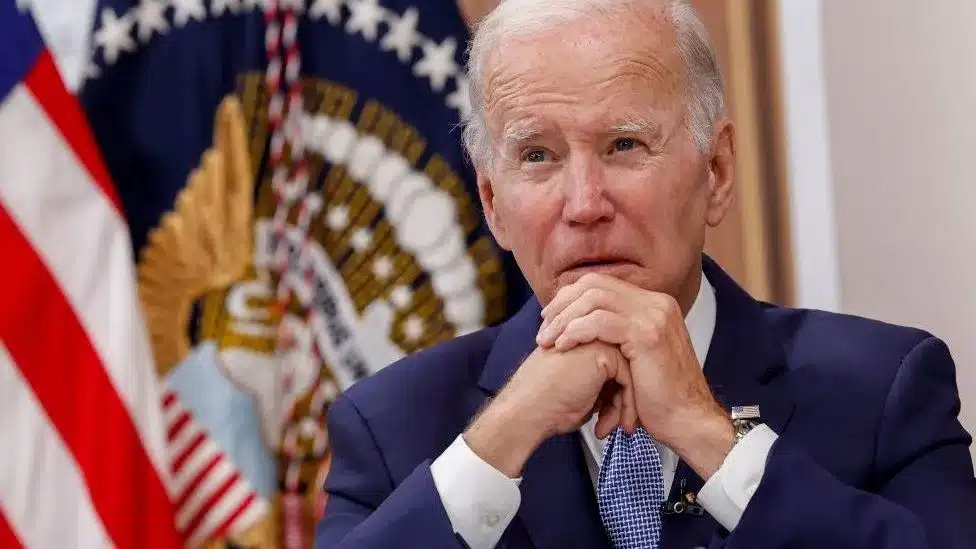
Early Life and Career
Name: Joe Biden
Early Life: Joe Biden was born on November 20, 1942, in Scranton, Pennsylvania. He later moved to Delaware where he grew up in a working-class family.
Education: Biden attended the University of Delaware and later Syracuse University College of Law. He became a lawyer and worked as an attorney before entering politics.
Political Achievements
Entry into Politics: Joe Biden’s political career began when he was elected to the New Castle County Council in 1970. He then served as a U.S. Senator from Delaware from 1973 to 2009.
Notable Offices Held: Biden was Vice President of the United States under President Barack Obama from 2009 to 2017.
Standout Policies and Proposals
Key Policies:
Healthcare:
Biden supports expanding the Affordable Care Act (ACA) to provide a public option for healthcare. He aims to protect and build upon the ACA to increase access to affordable healthcare for all Americans.
Climate Change:
Biden has proposed a $1.7 trillion climate plan aimed at achieving net-zero greenhouse gas emissions by 2050. His plan includes investments in renewable energy, clean transportation, and environmental justice initiatives.
Criminal Justice Reform:
Biden advocates for criminal justice reform, including ending mandatory minimum sentences for nonviolent crimes, investing in community policing, and reducing mass incarceration.
Candidate 2: Donald Trump (Republican)

1Personal Background
Name: Donald Trump
Family and Personal Life: Donald Trump was born on June 14, 1946, in Queens, New York City. He is a businessman and television personality.
Education and Career Before Politics: Trump attended the Wharton School of the University of Pennsylvania. He was involved in various business ventures, including real estate development and entertainment.
Political Career Highlights
Entry into Politics: Trump entered politics as the Republican nominee for President in 2016, defeating Hillary Clinton to become the 45th President of the United States.
Notable Positions Held: Trump served as President from January 20, 2017, to January 20, 2021.
Controversies and Challenges
Controversies:
Impeachment:
Trump was impeached twice by the House of Representatives during his presidency. The first impeachment in 2019 was for abuse of power and obstruction of Congress related to the Ukraine scandal. The second impeachment in 2021 was for incitement of insurrection following the Capitol riot.
Allegations of Misconduct:
Trump has faced numerous allegations of sexual misconduct and inappropriate behavior, which he has denied.
Response to COVID-19 Pandemic:
Trump’s handling of the COVID-19 pandemic was widely criticized, with concerns raised about the federal government’s response, conflicting messages, and lack of a coordinated national strategy.
Challenges:
Trade Wars:
Trump’s trade policies, including tariffs imposed on China and other countries, sparked trade tensions and impacted various industries.
Divisive Rhetoric:
Trump’s rhetoric on immigration, race, and other sensitive topics often drew criticism for being divisive and inflammatory.
Polls and Public Opinion
Overview of Recent Polls
Recent polls provide valuable insights into the current state of the 2024 Presidential Election, offering a snapshot of voter preferences and trends.
Analysis of Polling Data
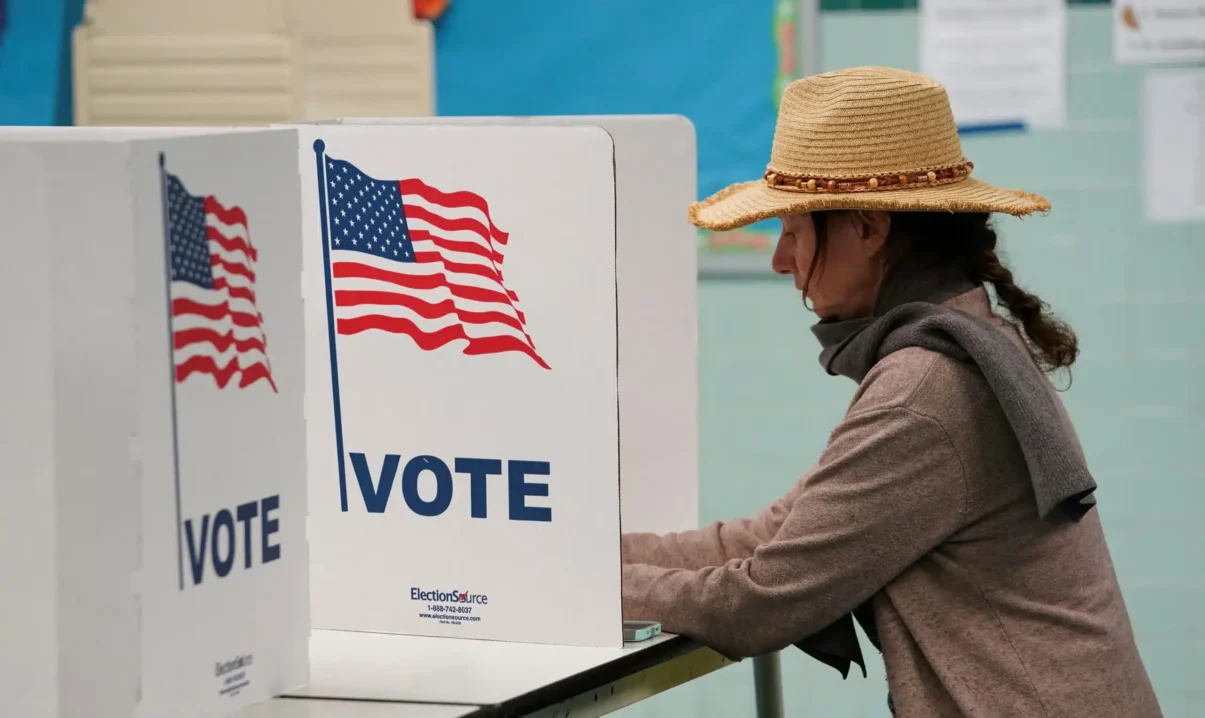
Trends: Polling data reveals trends in candidate popularity and voter sentiment over time. It tracks how candidates’ standings have shifted in response to events and campaign developments.
Demographic Breakdown: Polls often break down data by demographics such as age, gender, race, and region. This analysis helps to understand which groups are supporting each candidate and why.
Margin of Error: Understanding the margin of error in polls is crucial for interpreting results accurately. It indicates the range within which the true value likely lies.
Shifts in Public Sentiment
Evolving Views: Polls capture how public sentiment towards candidates and key issues has evolved. This includes shifts in approval ratings, trust levels, and perceptions of candidate competence.
Impact of Events: Major events such as debates, scandals, economic changes, or foreign policy incidents can influence public opinion. Polls track how these events shape voter attitudes.
Factors Influencing Voter Opinions
Policy Positions: Voters are influenced by candidates’ policy proposals, particularly on key issues such as healthcare, economy, climate change, and social justice.
Character and Leadership: Candidates’ personal qualities, leadership style, and integrity play a significant role in voter decisions. Polls reflect how these factors sway public opinion.
Campaign Messaging: Effective campaign messaging can resonate with voters and sway their opinions. Polls analyze which messages are most effective and how they impact support.
Media Coverage: Media coverage shapes voter perceptions. Positive or negative coverage of candidates can influence public sentiment, as reflected in polls.
Election Issues and Debates
Top Issues in the 2024 Election
Economy: The country of the economic system, together with activity growth, wages, and financial healing publish-pandemic, is a key cognizance. Candidates suggest guidelines to stimulate monetary boom and cope with earnings inequality.
Healthcare: The ongoing debate on healthcare centers around get right of entry to, affordability, and first-rate. Candidates present plans for enhancing the healthcare system, which include proposals for well-known insurance or expanding the Affordable Care Act.
Climate Change: Climate exchange and environmental rules are distinguished problems. Candidates offer techniques to fight climate trade, consisting of transitioning to renewable electricity, investing in green infrastructure, and addressing environmental justice.
Foreign Policy: National protection and foreign members of the family are crucial topics. Candidates speak procedures to international challenges, inclusive of relationships with allies, exchange agreements, and responses to threats from nations like Russia, China, and North Korea.
Highlights from Presidential Debates
Key Moments: Presidential debates are pivotal events inside the election cycle, showcasing applicants’ stances on most important troubles. Some key moments from the debates include:
Economy: Candidates spar over tax rules, task advent strategies, and strategies to economic healing.
Healthcare: Debates spotlight variations in healthcare proposals, which include public alternative as opposed to Medicare for All, and arguments over the position of personal insurance.
Climate Change: Discussions on weather change rules, which includes the Green New Deal and carbon emissions reduction objectives, monitor divergent procedures.
Foreign Policy: Candidates debate on worldwide relations, military intervention, change offers, and strategies for addressing international threats.
Candidate Performances
Candidate 1 (Democrat): Joe Biden’s performance in the debates focused on his experience and stability, emphasizing unity and a return to norms. He presented himself as a unifier with plans for healthcare reform and climate action.
Candidate 2 (Republican): Donald Trump’s debate style was characterized by assertiveness and emphasis on his record, particularly on economic achievements and foreign policy wins. He touted his tax cuts and tough stance on immigration and China.
Campaign Strategies
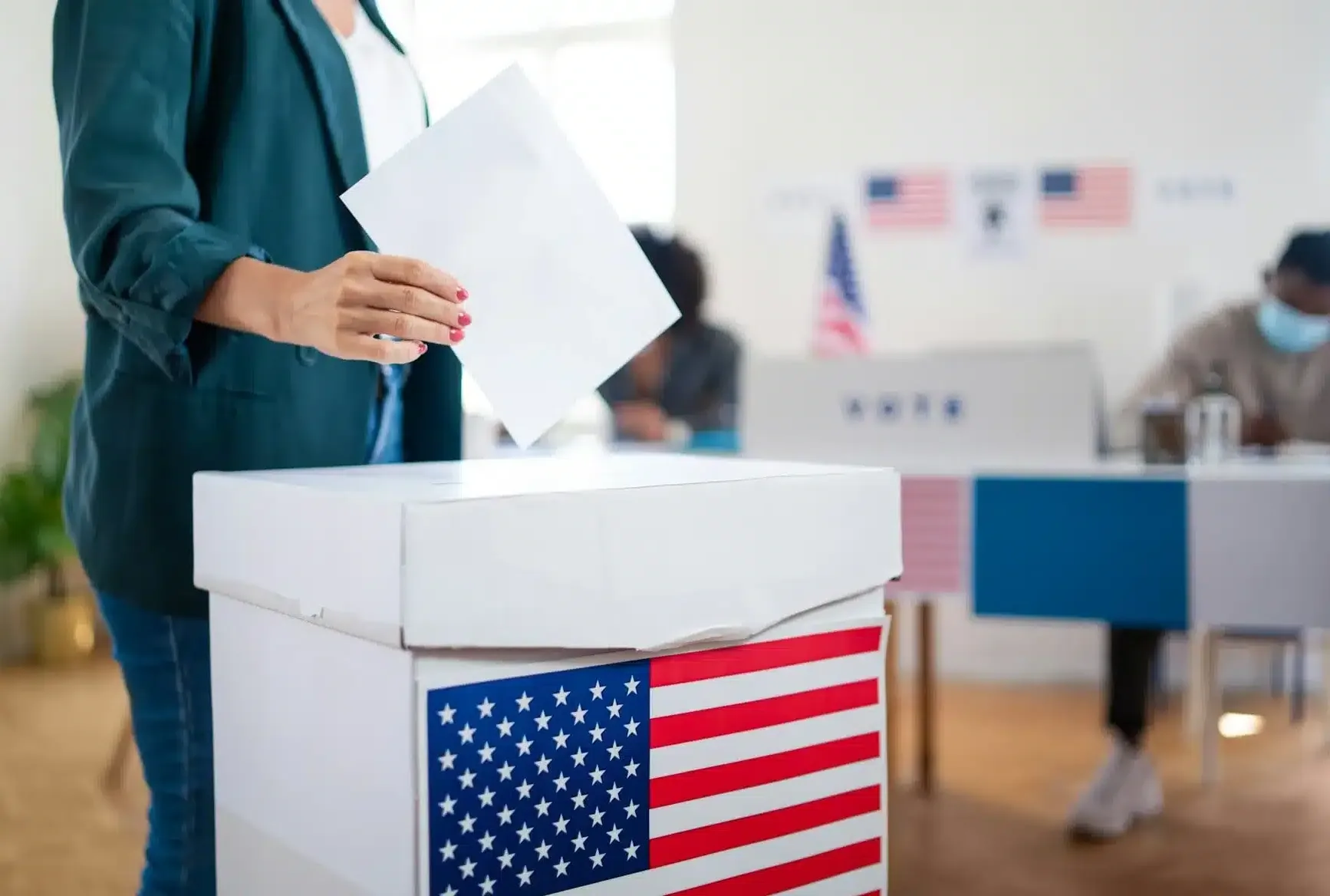
Digital Campaigning
Usage: Candidates heavily rely on digital platforms for outreach, fundraising, and messaging. Social media, email campaigns, and targeted online ads are key components.
Engagement: Digital campaigning allows for direct engagement with voters, especially younger demographics. Candidates use platforms like Twitter, Facebook, and Instagram to connect and share their platforms.
Traditional Media Approaches
Television Ads: Traditional TV ads remain a significant part of campaigns, particularly for reaching older demographics. Candidates air commercials highlighting their policies and attacking opponents.
Print Media: Newspapers and magazines are still used for op-eds, endorsements, and coverage of campaign events.
Ground Game: Rallies, Town Halls, and Outreach Efforts
Rallies: Candidates hold rallies to energize supporters and garner media attention. These events often feature speeches, music, and appearances by prominent supporters.
Town Halls: Town hall meetings allow candidates to engage directly with voters, answering questions and addressing concerns in a more intimate setting.
Outreach Efforts: Door-to-door canvassing, phone banking, and volunteer efforts play crucial roles in reaching voters on a personal level.
Fundraising Efforts and Contributions
Large Donors: Candidates court large donors for substantial contributions to their campaigns, often attending high-dollar fundraising events.
Small Donors: Grassroots fundraising appeals to small donors through online platforms like ActBlue and WinRed, enabling individuals to contribute small amounts.
Super PACs: Super Political Action Committees (PACs) support candidates through independent expenditures, often running ads or conducting campaigns on their behalf.
Swing States and Their Importance
Definition and Significance of Swing States
Definition: Swing states are battleground states where the electoral outcome is uncertain, as they do not consistently vote for either party.
Significance: These states play a crucial role in determining the election outcome, as winning them can secure a significant number of electoral votes.
List of Crucial Swing States for the 2024 Election
- Florida
- Pennsylvania
- Michigan
- Wisconsin
- Arizona
- North Carolina
- Georgia
- Ohio
- Iowa
- Nevada
Discussion on How These States Might Impact the Election Outcome
2024 Election: These swing states are likely to be closely contested due to their diverse demographics and historical voting patterns.
Impact: Winning these states could tilt the electoral college in favor of a candidate. Each state has unique characteristics and issues that candidates must address to appeal to voters.
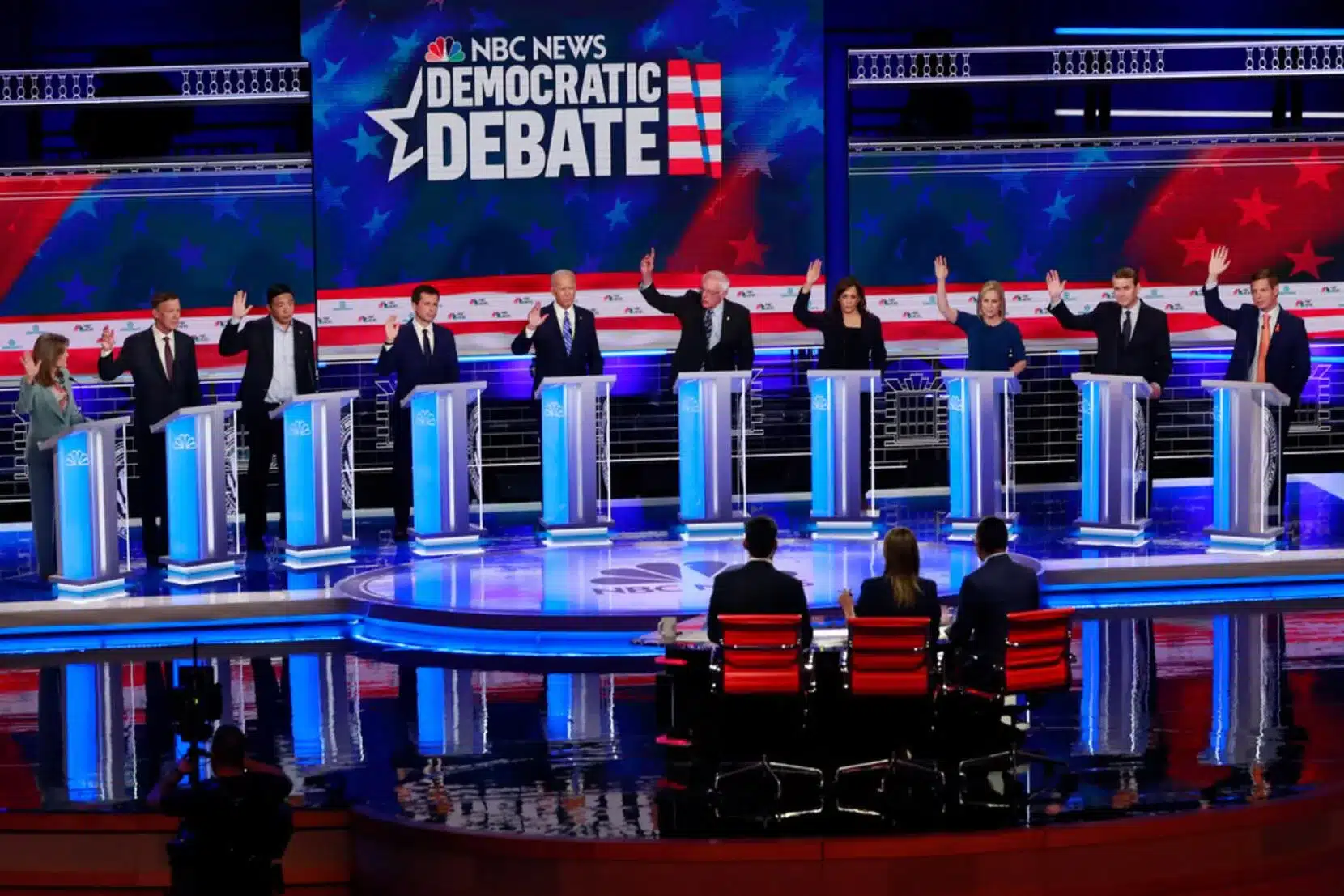
Predictions and Speculations
Expert Opinions on Potential Outcomes
Polling Analysts: Experts from polling organizations offer insights into potential outcomes based on current polling data. They analyze trends, demographic shifts, and candidate performances.
Political Pundits: Political commentators and analysts provide their perspectives on how factors such as campaign strategies, debate performances, and voter sentiments might impact the election.
Electoral College Projections
Key States: Electoral college projections focus on swing states and battlegrounds. Experts predict which candidate might win crucial states based on polling and historical data.
Scenarios: Projections explore different scenarios, such as narrow victories or landslide wins, for each candidate.
Analysis of Historical Data and Trends
Comparisons: Historical data from past elections is analyzed to draw comparisons with the current election cycle. Trends in voter behavior, turnout, and outcomes are considered.
Demographic Shifts: Analysis looks at demographic shifts in key states and how they might influence the electoral landscape.
Speculations on Possible Scenarios
Close Race: Speculation on a tight race where the outcome hinges on a few key states. This scenario could lead to prolonged vote counting and legal battles.
Landslide Victory: Speculation on a decisive victory for one candidate, potentially winning by a large margin in both the popular vote and electoral college.
Voter Turnout and Engagement
Importance of Voter Turnout
Crucial Factor: Voter turnout is a critical factor in determining election outcomes. Higher turnout often indicates increased engagement and enthusiasm among voters.
Impact: Voter turnout can swing elections, especially in battleground states where margins are narrow.
Initiatives to Increase Voter Participation

Voter Education: Initiatives focus on educating voters about the importance of their vote and how to register and vote.
Get-Out-The-Vote (GOTV): Organizations and campaigns run GOTV efforts to mobilize voters, encourage early voting, and provide transportation to polling places.
Youth Engagement: Special efforts target young voters to increase their participation through events, social media campaigns, and student outreach.
Overview of Voter Registration and Deadlines
Registration: Overview of voter registration processes, including online registration, deadlines, and requirements in various states.
Deadlines: Highlight important deadlines such as voter registration deadlines, absentee ballot request deadlines, and early voting periods.
Role of Social Media
Impact of Social Media on the Election

Reach and Influence: Social media platforms like Facebook, Twitter, and Instagram have a significant reach, allowing candidates to directly engage with voters and share their messages.
Targeted Ads: Campaigns use targeted ads to reach specific demographics, tailoring messages to appeal to different voter groups.
Spread of Misinformation and Fact-Checking Efforts
Misinformation: Social media can be a breeding ground for misinformation and fake news, impacting voter perceptions. False narratives and conspiracy theories can spread rapidly.
Fact-Checking: Fact-checking organizations and platforms implement efforts to combat misinformation. They provide users with accurate information and flag false or misleading content.
Campaigning Strategies on Platforms like Facebook, Twitter, and Instagram
Facebook: Candidates use Facebook for live streaming events, sharing policy details, and running targeted ads based on user interests and demographics.
Twitter: Twitter is a platform for quick updates, engaging with followers, and sharing immediate reactions to events. Candidates use hashtags to reach wider audiences.
Instagram: Instagram is popular for visually engaging content. Candidates share behind-the-scenes glimpses, policy infographics, and stories to connect with younger voters.
Foreign Influence and Election Security
Discussion on Potential Foreign Interference
Threats: Foreign entities pose a threat to election integrity through disinformation campaigns, hacking attempts, and influence operations.
Manipulation: Foreign actors may attempt to manipulate public opinion, sow discord, or undermine trust in the electoral process.
Measures to Ensure Election Security
Cybersecurity: Robust cybersecurity measures are implemented to protect voter databases, election infrastructure, and campaign networks from cyber attacks.
Paper Ballots: Some states emphasize the use of paper ballots as a secure backup in case of electronic tampering.
Role of Intelligence Agencies
Monitoring: Intelligence agencies monitor foreign activities and potential threats to election security.
Collaboration: Agencies collaborate with tech companies, law enforcement, and election officials to identify and mitigate foreign interference.
Frequently Asked Questions (FAQs)
What is the significance of the 2024 Presidential Election?
The 2024 Presidential Election is significant because it determines the following President of the US and sets the direction for the kingdom’s guidelines, both domestically and across the world. It also shapes the destiny of key issues along with healthcare, the financial system, climate trade, and foreign members of the family.
Who are the top candidates in the Democratic and Republican parties?
As of the top candidates in the Democratic Party are Joe Biden , while the top candidates in the Republican Party are Donald Trump . These candidates are leading the race for their party’s nomination for the presidency.
What are the key issues driving the 2024 election?
The key issues driving the 2024 election include the economy, healthcare, climate change, and foreign policy. Candidates are focusing on their proposed solutions to these issues to gain support from voters.
How do swing states impact the election outcome?
Swing states, also called battleground states, are crucial because they do no longer continually vote for a unmarried birthday party. Winning these states can extensively effect the electoral college outcome. Candidates spend enormous time and sources campaigning in swing states to secure their electoral votes.
What role does social media play in campaigning?
Social media plays a good sized position in modern campaigning. Candidates use platforms like Facebook, Twitter, and Instagram to connect to voters, proportion their structures, run centered ads, and have interaction in real-time discussions. However, social media additionally offers demanding situations with the spread of incorrect information and the need for truth-checking.
How are predictions for the election made?
Predictions for the election are made by polling analysts and political pundits. They analyze polling data, historical trends, demographic shifts, and candidate performances to forecast potential outcomes. Electoral college projections and various scenarios are considered to predict possible election results.
What measures are in place to ensure election security?
Measures to ensure election security include robust cybersecurity protocols, the use of paper ballots as a backup, monitoring for foreign interference by intelligence agencies, and collaboration between tech companies, law enforcement, and election officials.
How can voters increase their engagement in the election process?
Voters can increase their engagement in the election process by registering to vote, staying informed about the candidates and issues, participating in voter education programs, volunteering for campaigns, and exercising their right to vote on election day or through early voting.
Which states are considered crucial swing states?
Crucial swing states for the 2024 election include Florida, Pennsylvania, Michigan, Wisconsin, Arizona, North Carolina, Georgia, Ohio, Iowa, and Nevada. These states have a history of closely contested elections and can swing the electoral college outcome.
What are the primary differences between the Democratic and Republican platforms in 2024?
The number one differences between the Democratic and Republican platforms in 2024 lie in their tactics to key troubles. Democrats awareness on healthcare reform, climate exchange motion, social justice initiatives, and progressive tax guidelines. Republicans emphasize financial growth, national protection, regulation and order, and guide for traditional values.
Conclusion
Recap of Key Points Discussed
Throughout this comprehensive article on the “2024 Presidential Election: Candidates, Polls, and Predictions,” we have delved into various critical aspects shaping this historic election. We covered:
Significance: The immense importance of the 2024 Presidential Election in determining the future trajectory of the nation’s policies and leadership.
Candidates: A spotlight on the top candidates in both the Democratic and Republican parties, including their backgrounds, policies, and strategies.
Issues: An analysis of the key issues driving the election, such as the economy, healthcare, climate change, and foreign policy.
Swing States: The pivotal role of swing states in influencing the election outcome and the battleground states to watch closely.
Campaign Strategies: Insights into the diverse campaign strategies utilized, from digital campaigning to traditional media approaches and on-the-ground efforts.
Polls and Predictions: A look at expert opinions, electoral college projections, and speculations on potential scenarios for the election.
Voter Engagement: Discussions on voter turnout, initiatives to increase participation, voter registration, and deadlines.
Social Media and Election Security: The impact of social media on campaigning, the spread of misinformation, and efforts to ensure election security in the face of potential foreign interference.
Final Thoughts on the Potential Outcome of the 2024 Presidential Election
As we method the 2024 Presidential Election, the kingdom stands at a important juncture. The final results of this election will absolutely shape the future of the US for years yet to come. With a diverse array of candidates imparting contrasting visions and policies, voters face critical selections at the course they wish to peer their u . S . A . Take.
Encouragement for Readers to Stay Informed and Participate in the Democratic Process
In closing, we inspire all readers to live informed, engaged, and energetic participants inside the democratic process. Your vote matters, and it is a effective tool to form the destiny you need to peer. Educate your self on the applicants and troubles, take part in discussions, and, most significantly, exercising your proper to vote.
Democracy prospers while its residents are worried, informed, and empowered. Let us all be part of together in making our voices heard and shaping the future of our brilliant country.

